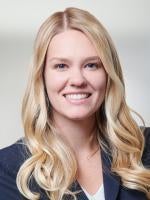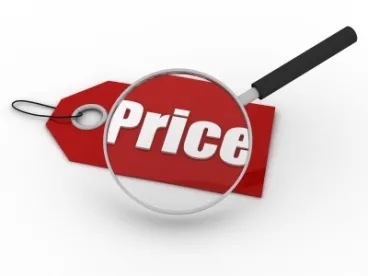As businesses figure out how to be creative and continue to operate during the pandemic, some have turned to “Covid surcharges” to account for new or increased costs. “Surcharges” may seem more benign than direct price increases. Still, they need to be considered with an eye towards compliance with local price gouging laws.
To the extent surcharges are put in place to reflect cost increases, they may fall within allowable price gouging exceptions. Even businesses whose products or services are covered by their relevant state price gouging laws may be able to add surcharges, since many state price gouging statutes provide exceptions for increases directly attributable to increases in the cost of labor or materials.
Consumer-facing business are experimenting with different methods to account for their new costs, such as increasing the price on specific menu items that are now more expensive to provide, or adding small fees or surcharges to a bill to offset the overall added costs of operating, to varying customer responses. Many restaurant surcharges seem to be minor, with recent examples from Florida reflecting fees around 3 percent of a total bill. There are similar reports of hair salons that have added surcharges of a few dollars to cover the costs of additional cleaning and sanitation measures.
These surcharges do not appear to have drawn many official complaints under price gouging frameworks. A spokesman for New York’s attorney general told the Wall Street Journal that, at the time of publication, the New York office had not yet received any complaints about “surcharges,” while a spokesman for the Missouri attorney general’s office reported one complaint about “surcharges” out of a total of 1,501 price-gouging complaints.
At least one state has received complaints about a particular business’s surcharge, and found the surcharge in question to be permissible. The Rhode Island attorney general’s office reportedly received numerous complaints about a business charging customers an optional 2% surcharge, which they explained was intended to cover hazard pay for their front-line employees. Because the charge was optional, and had been clearly and prominently disclosed throughout the store, the attorney general found no laws had been violated.
Health care providers may also wish to utilize such a surcharge. They indisputably have additional expenses to cover, as infection control and prevention have led to increasing personal protective equipment costs. As noted in a recent “Price Gouging Weekly Round Up,” however, local officials have noted the surcharges imposed by dentists in Maryland and Tennessee, and their responses serve as a reminder that their respective state price increase regulations still apply.
Regardless of the new costs that businesses and providers are shouldering, they are expected to comply with their state’s limitations on price increases, which may, e.g., ban “exorbitant” or “unconscionable” prices increases,” cap them at a specific percentage, or simply bar any price increases at all. A surcharge may be permissible in some circumstances, but businesses should remain cognizant of the risks and regulations when implementing any new pricing strategies.







 />i
/>i

